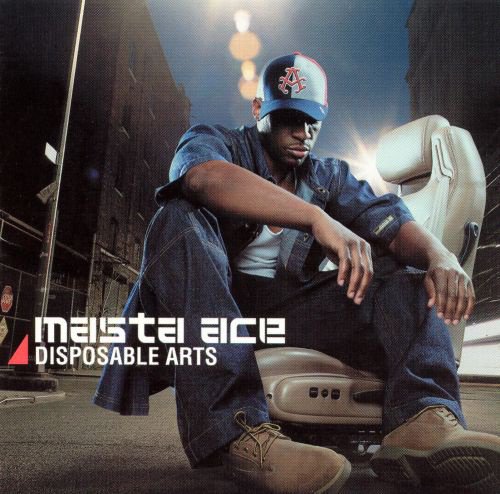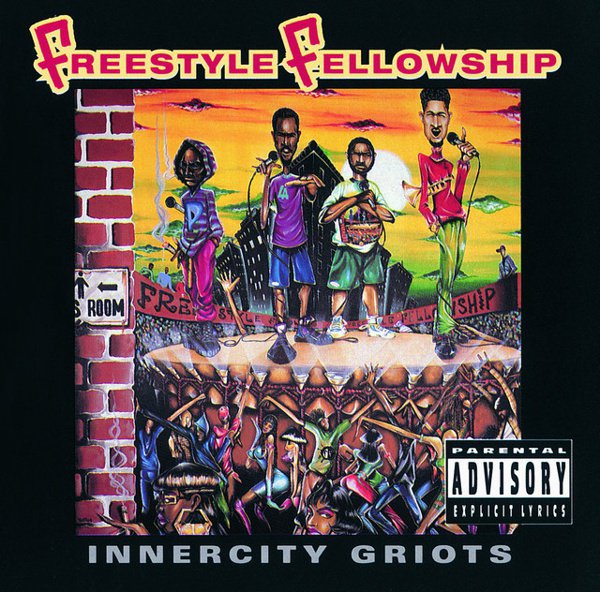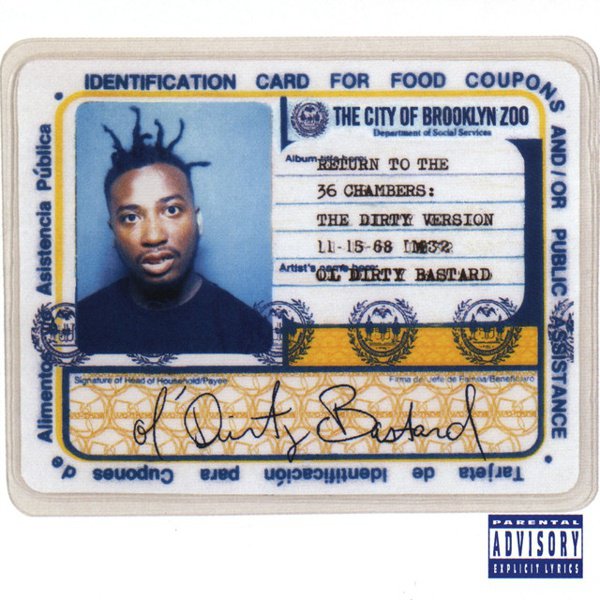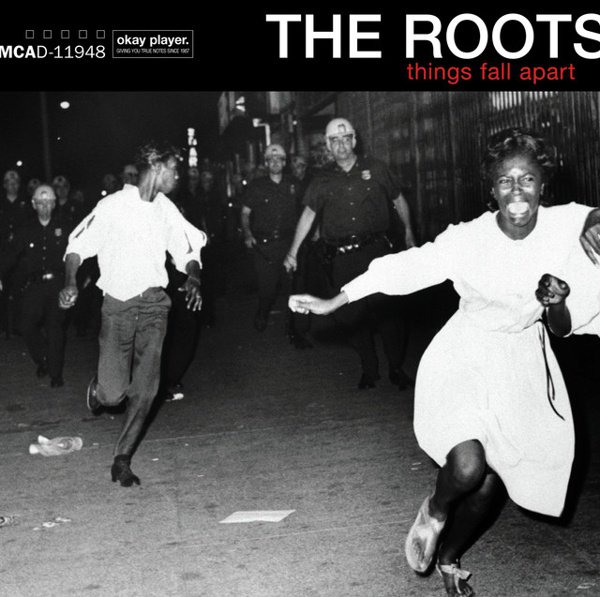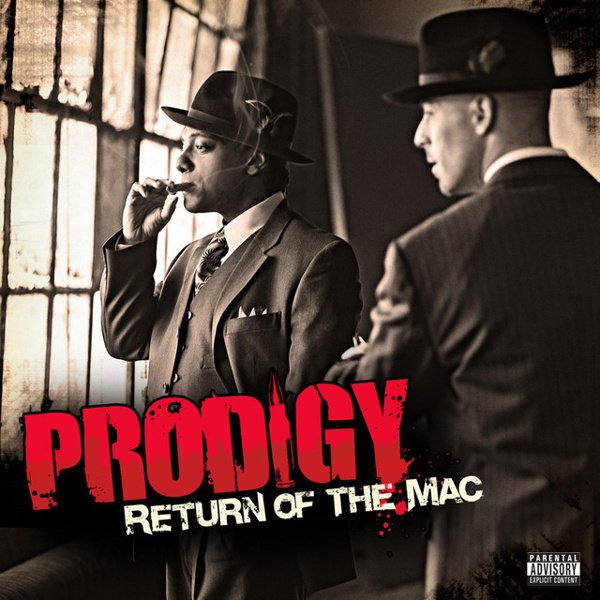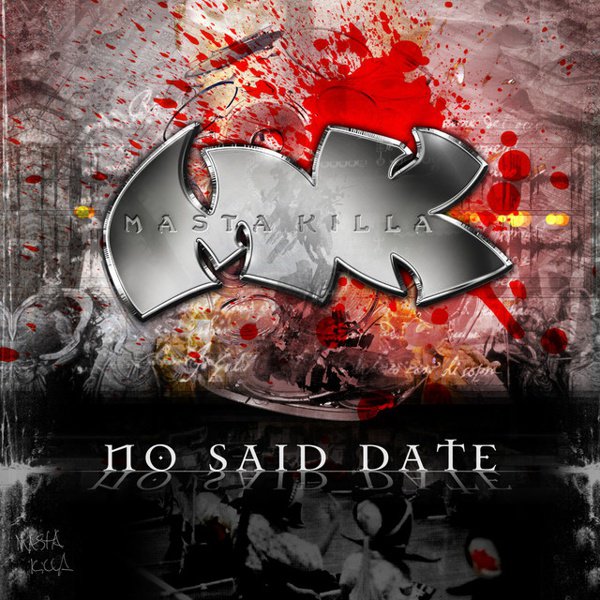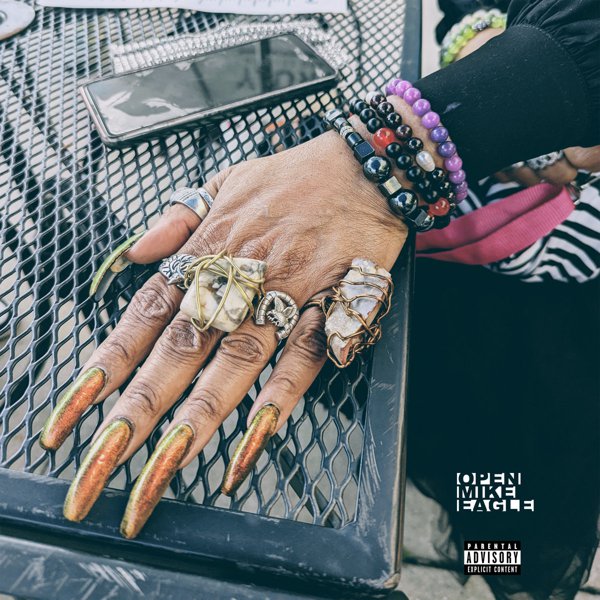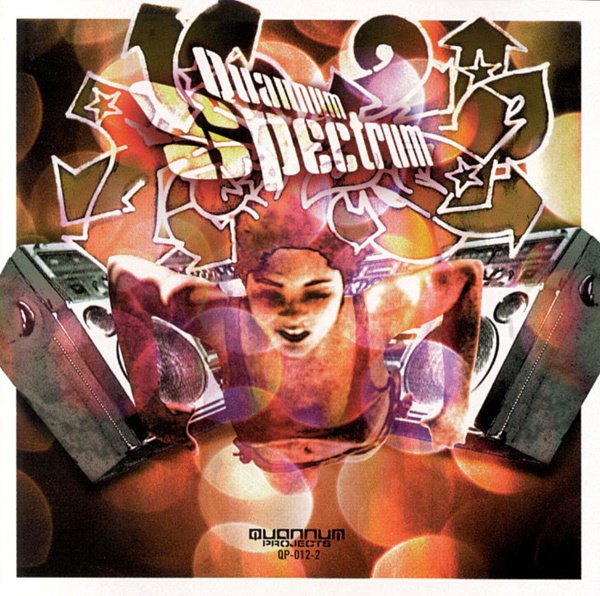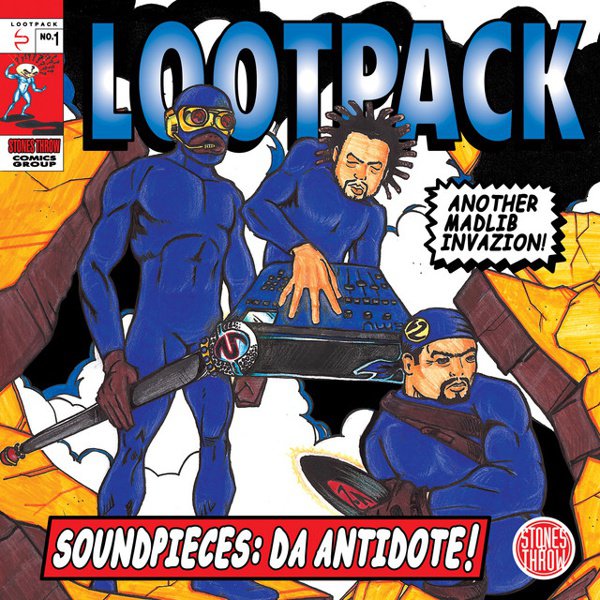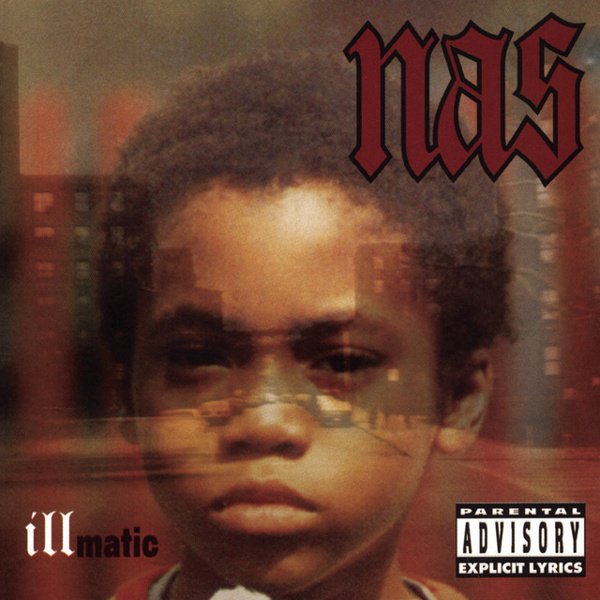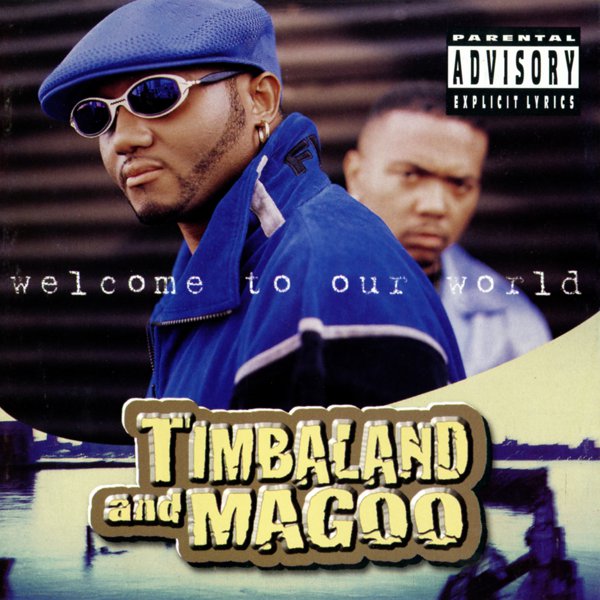Disposable Arts
As operatic storytelling rap albums go, Prince Paul’s A Prince Among Thieves set a sprawling example few could match — but two years later, Masta Ace got close enough to revive a career that had initially seemed ready for closure. Six years after his Brooklyn-goes-g-funk Sittin’ on Chrome promised a coastal-crossover potential that Ace’s hiatus extinguished, Disposable Arts reannounces him like his disappearance was an artistic kind of incarceration. That’s literalized in the album’s conceit, as Ace portrays a man being let out of jail and attempting to reintegrate back into society with the help of a job training program. And since the titular Institute he enrolls in sells degrees in corporate hip-hop, we get to follow him as his antagonists try to steer him away from the kind of perspective that makes the rep-claiming “Don’t Understand,” the materialism-to-death pipeline “Every Other Day,” and the “Take a Look Around”-updating hood-travelogue “Take a Walk” feel like hard-earned oldhead knowledge. Most of the actual narrative is tied together by skits — hope you like the comedy stylings of MC Paul Barman — but take those out and you can still enjoy the self-contained concepts Ace shows off in the individual tracks. Take your pick of “Unfriendly Game,” where and eMC crewmate Strick pull out the John Madden telestrator to break down the drug trade, the relationship between a rapper and his mic turned into an extended romantic metaphor on the Jean Grae-assisted “Hold U,” or the Blackalicious one-upping exercise in linguistic stunts “Alphabet Soup.” But the whole idea hinges on a narrative that reflects his reality: a man returning from exile, realizing what the industry expects of him, and rejecting it completely. So there’s enough bitterness in cuts like “Something’s Wrong” and “Enuff” — not to mention the self-doubt on display in “Dear Diary” and the personal grievance of callout dis track “Acknowledge” — to make it feel like the closer “No Regrets” really is the moment where he finally finds peace in the idea that he can just end his career and be fine with that. He didn’t, of course — Masta Ace’s discography could claim a grip of cult classics well into the ensuing twenty years — but sometimes recording an album like it’s your last really can shake people out of the idea that they don’t have anything left to say.

